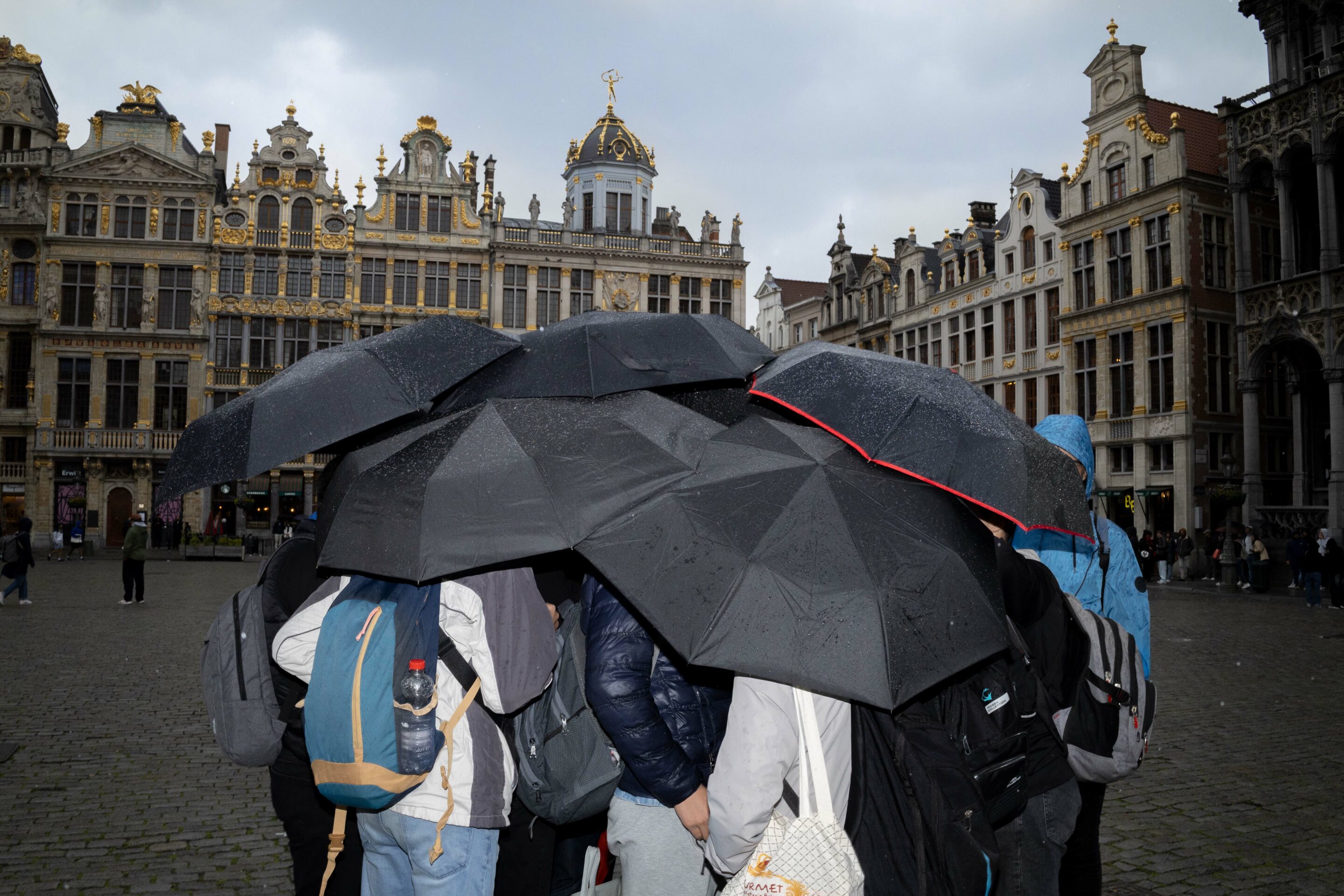Nicolas Dykmans is a Brussels-born photographer and an art-school literature teacher often portraying people on the margins of society. He explores the unconventional: underground Moroccan punk, the biggest European Roma community and Brussels' bizarrest scenes. In an interview with The Brussels Times, he shares his unique vision.
As I arrive in the Parc Marie-José in the Brussels municipality of Molenbeek-Saint-Jean, I notice Nicolas Dykmans enjoying the sun, sitting on his maroon blanket. Twisting a stick in his hand, he greets me. Dykmans looks and feels like a true bohemian. He answers my questions in a relaxed and friendly manner; he is not in a hurry.
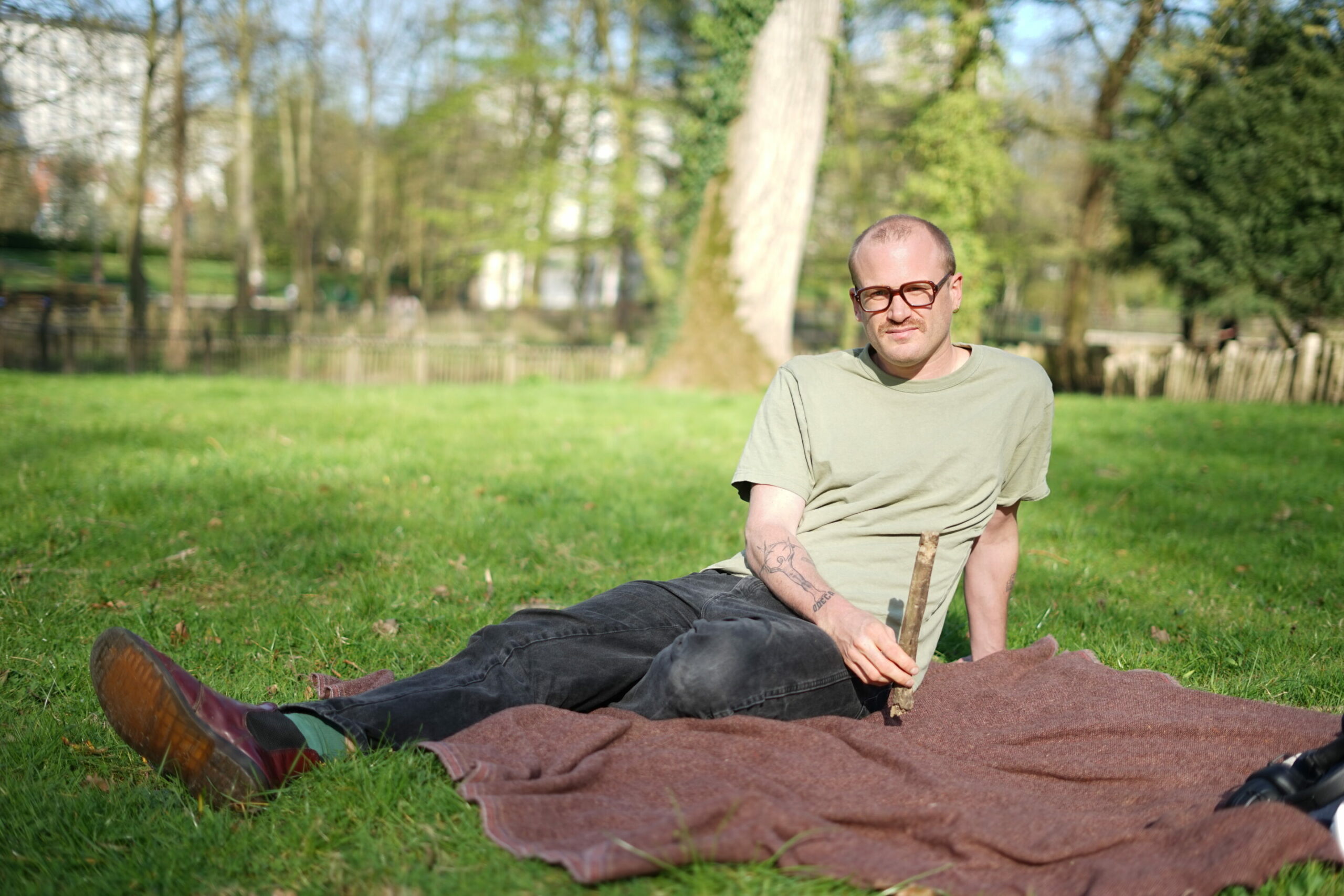
Nicolas Dykmans. Credit: Kosmos Khoroshavin / The Brussels Times
What is Brussels?
It's a question Dykmans circles around, but never fully answers. "It's somewhere familiar," he explains. Dykmans is a bruxellois born and bred. "But I'm getting a bit tired of it," he says. "Every big city is starting to feel the same. It's all levelled. I miss weirdness."
He doesn't like "museumified" places, recalling his last city trip to Lisbon. "It was really beautiful, but when you can't talk to the locals anymore and all of the menus are written in ten different languages, you don't enjoy the beauty anymore." To fulfil his desire for somewhere different, he even went to Ukraine recently. "When I was there, I told a girl I came from Brussels. She said, 'oh, that seems really dangerous.'"
What Dykmans likes might not be what most people are looking for – character, authenticity and grittiness. In Belgium, he likes places with a largely negative reputation – Charleroi and Liège. He lives in Molenbeek – Belgium's second poorest municipality – known for its problems of drug violence.
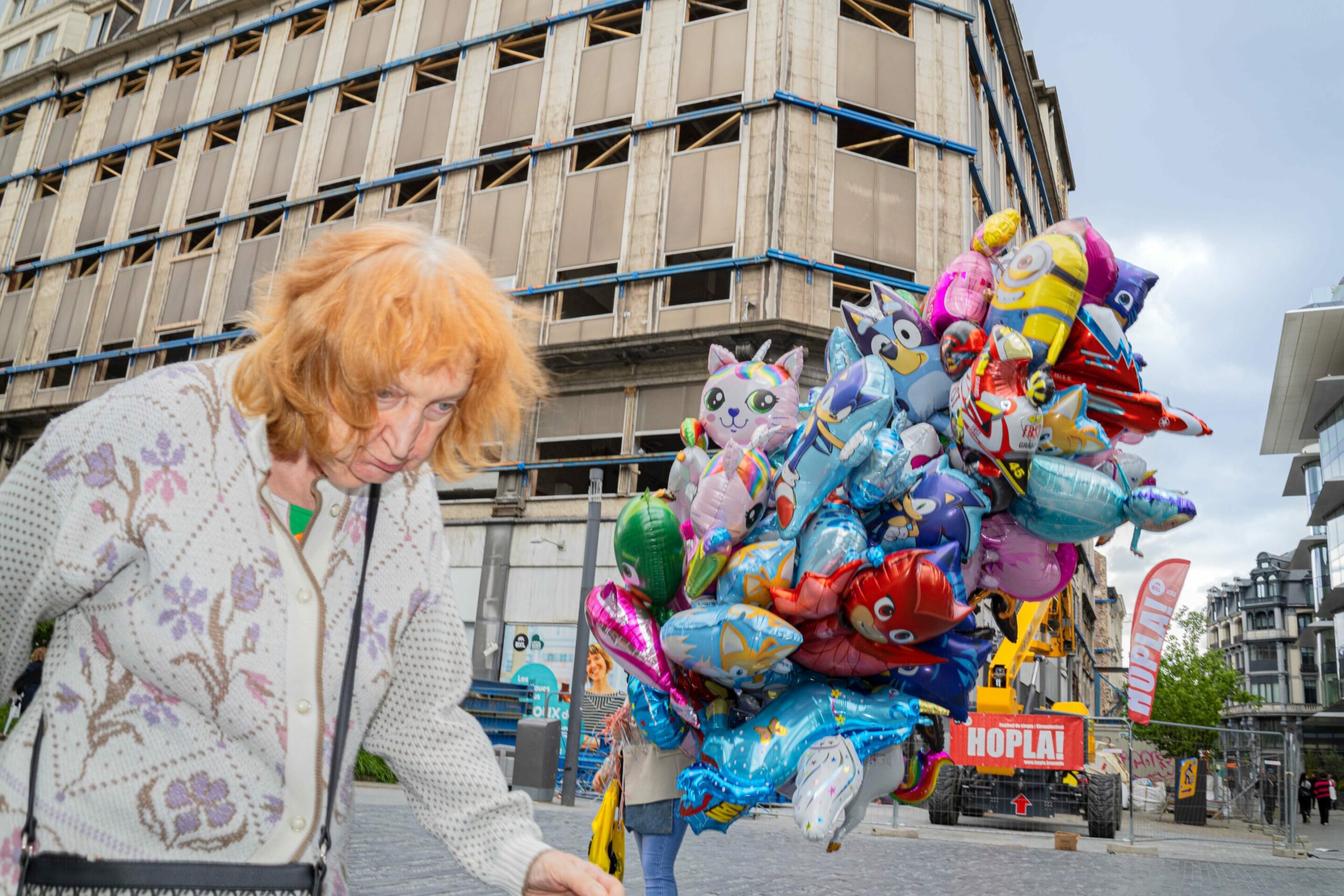
Credit: Nicolas Dykmans
Dykmans shrugs off the clichés. "No, Brussels is not a shithole. We have lots of green spaces and a high quality of life. In a few places, like my neighbourhood, we have rubbish and rats. But overall, people who say it have not travelled much. We have it pretty good here."
The common fixation on crime, immigration and decay frustrates him. "When people say some places in Brussels don't look like Belgium what do they really mean?"
For him, the true richness of the city is in its diversity. He believes that the city should celebrate its mix of cultures. "Matonge is famous for its beautiful Congolese culture. Schaerbeek has a lot of Turkish immigrants, and North African in Molenbeek – why can't these places be celebrated too?"
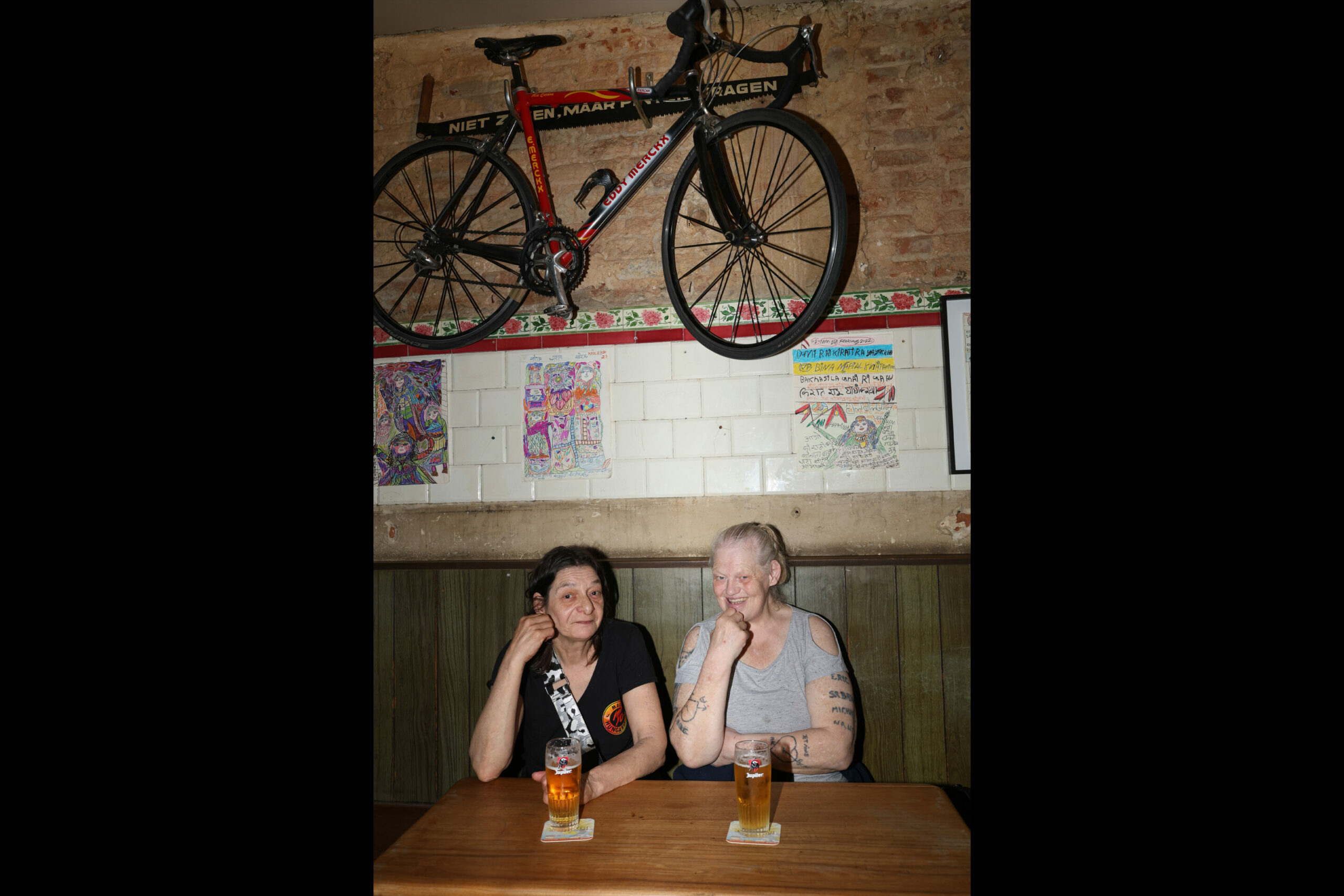
Credit: Nicolas Dykmans
Despite all its challenges, Brussels has always remained a birthplace of artists. Dykmans thinks this is due to its prime location between Paris, London and Amsterdam. He says Brussels is cheaper, more straightforward and it's easier to fit in.
"We're not Little Paris. We don't have the pressure of being that number one big city everyone knows."
There is also not much left of the originally Flemish Brussels. Dykmans shares a few known hotspots: "southern Anderlecht and Sainte Catherine were always fun to explore, as well as Café Roskam and the recently closed legendary Chez Martine."
Unsexy Brussels
Does Brussels really live up to its potential? Dykmans thinks that every city could do a little more – specifically concerning Brussels-Midi railway station. "It's the first point every tourist visits, the stop for the trains from London and Paris, connecting to the Charleroi-airport shuttle," he notes.
"But there's rubbish everywhere, and it smells of pee and vomit. Like every human waste possible mixed together." Dykmans says it should be a welcoming hub, not a symbol of decadence.
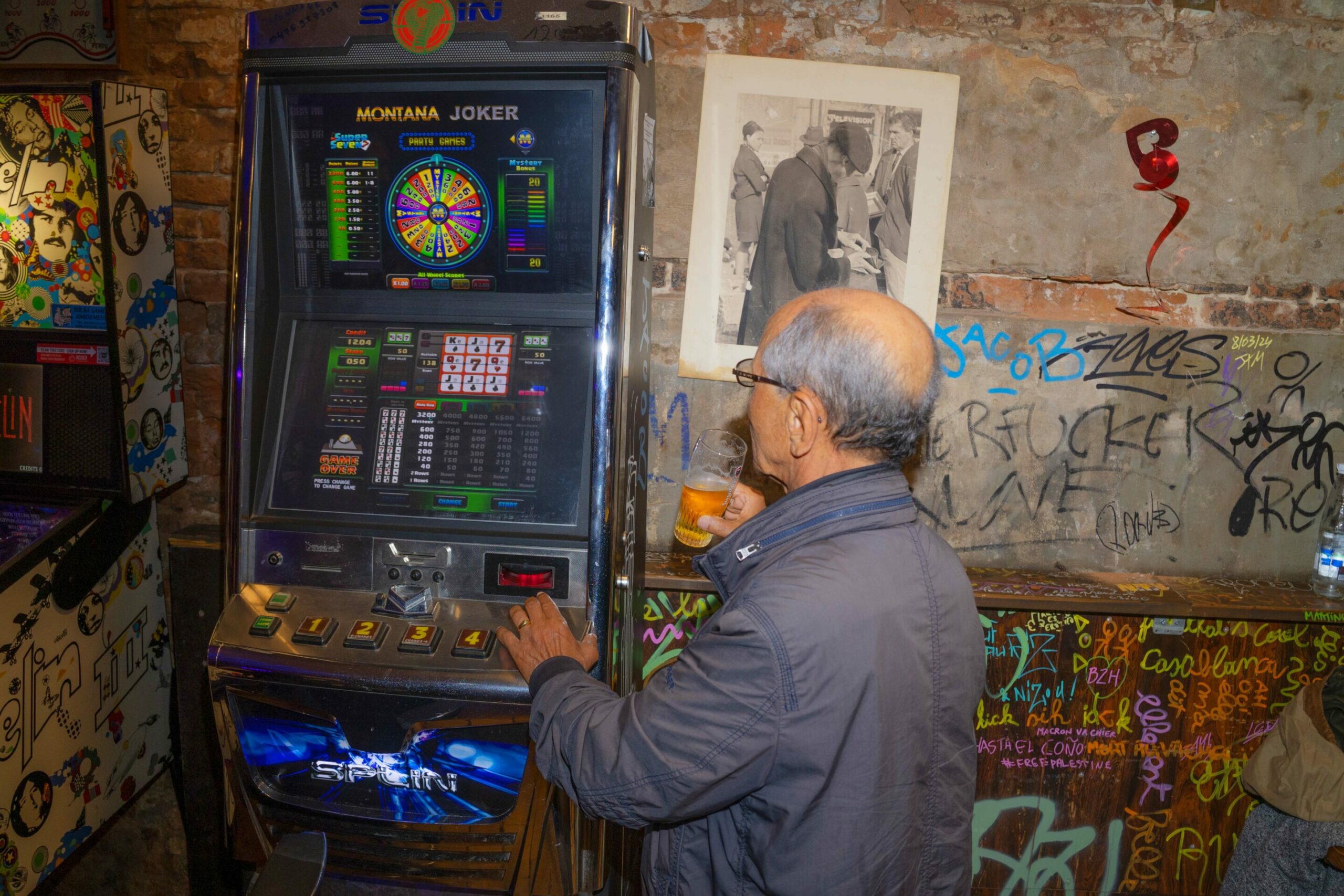
Credit: Nicolas Dykmans
Having big ambitions, Dykmans jokingly announces his own plan to change the city for the better. "If I were the dictator of Brussels, there would be zero cars allowed in the city." However, he admits that things have improved in that regard in the last five years.
But the perfect way to feel the essence of Brussels, according to Dykmans, would be on a sunny afternoon in his favourite Parc de Forest. "You can see all layers of the society there, from migrants to bobos (bourgeois Bohemians). The people who gentrify places."
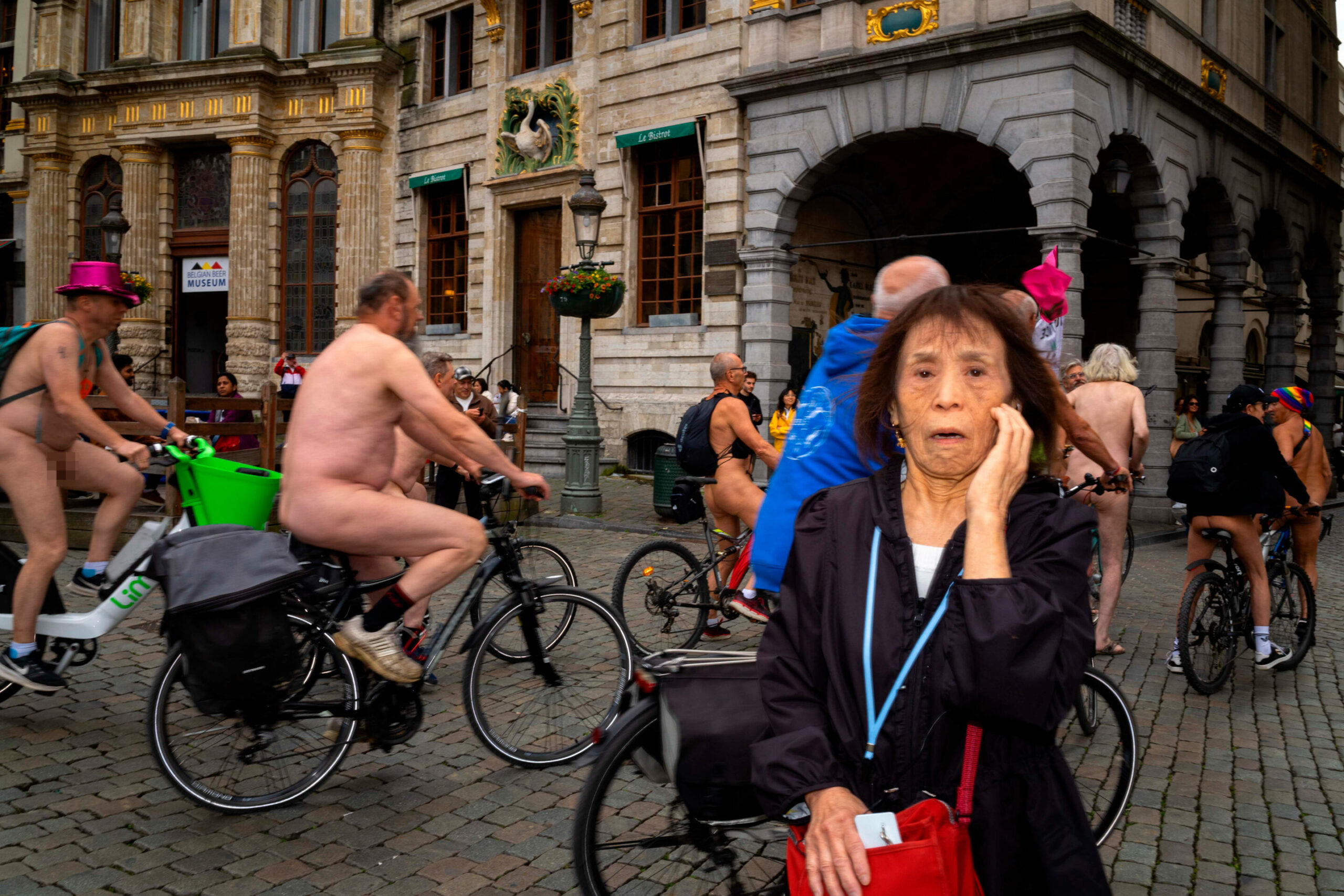
Brussels' naked bike ride, a protest against car-centric development. Credit: Nicolas Dykmans
"I still remember when a university professor decided to have a picnic on the largest boulevard of Brussels," referring Boulevard Anspach, now turned into a massive pedestrianised zone Le Piétonnier. "Back in the day he called on people to do the same on Facebook. It was an act of civil disobedience that led to the boulevard becoming car-free."
Despite being surrounded by the European quarter, Dykmans feels no connection to Brussels' role as the EU capital. In fact, it annoys him. "A big part of the population works for EU institutions but doesn't pay taxes here. Locals foot the bill. It's unfair."
Dykmans believes not everyone has the same chance in Brussels, despite what politicians claim. When he taught in a Schaerbeek high school, where most students were from North African or Turkish backgrounds, he saw how underfunded schools and how systemic neglect shaped lives. "Those places were like ghettos," he says.
"The children had no positive role models. They don't stand a chance. Most will end up in crime. It's all connected: poverty, exclusion, lack of support."
Nicolas Dykmans: complicated
When asked about his own identity, Dykmans offers a single word: complicated. He is not trying to fix Brussels or even defend it. He is just trying to see it for what it is and what it still might become. And as long as there's weirdness left to find, he will keep looking.
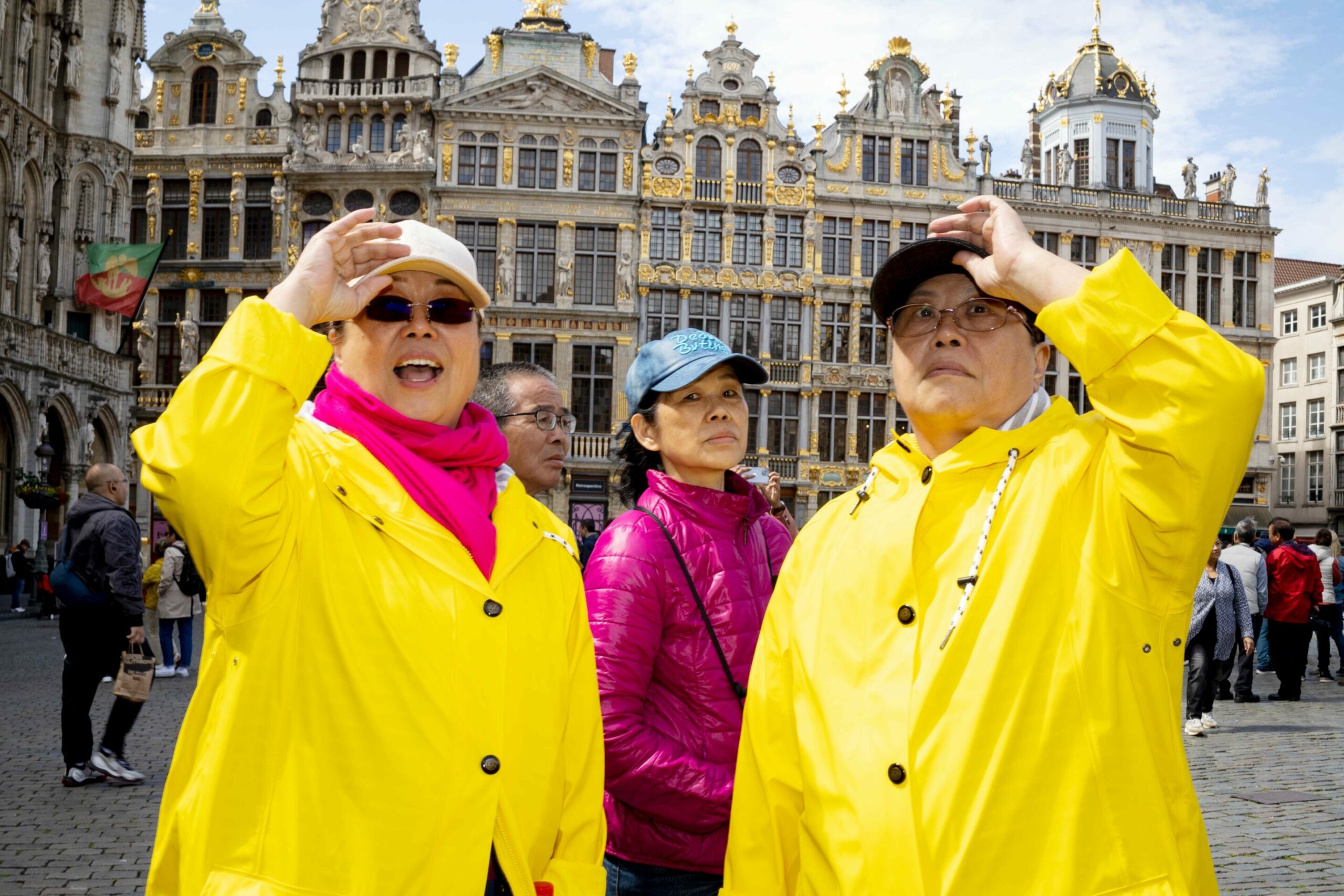
Credit: Nicolas Dykmans

